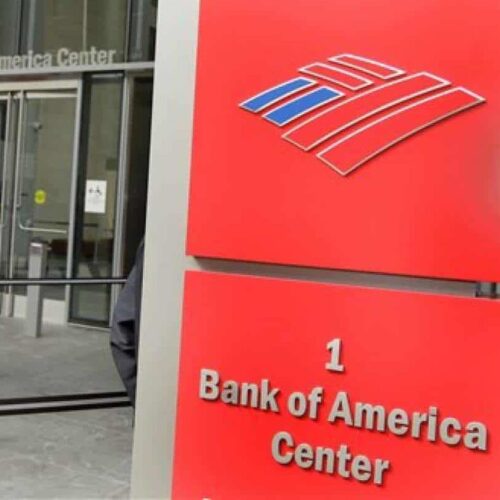Introduction
A daily round-up of analysis, commentary and news about the Dodd-Frank financial reform law.
In-house regulation – The Federal Reserve Bank of New York and the Office of the Comptroller of the Currency are increasing the number of examiners embedded in major U.S. banks such as Bank of America Corp., Goldman Sachs Group Inc. and others.
Similar to reporters embedded with the U.S. military, on-site regulators file through the same security turnstiles as bank employees and eat lunch at the company cafeteria. Such access allows them to more thoroughly inspect banks for safety and soundness, financial performance, and management quality, the Wall Street Journal reports.
The number of embedded regulators working for the New York Fed, currently at 150, will double by this fall, while their 500 peers at the Office of the Comptroller of the Currency will see their ranks grow by 10 percent.
Debit-card swipe fees – TCF Financial Corp. urged a federal appeals court to block the Federal Reserve’s proposed 12 cent cap on debit processing fees, calling the limit “discriminatory” and unconstitutional.
Timothy Kelly, a lawyer for TCF, said it needs to charge nearly 40 cents per debit card swipe to ensure a 4 percent profit on the service to customers. The Fed’s proposal will would cost TCF $80 million in the first year, Kelly said, and violates the Constitutional guarantee of equal protection under law.
Derivatives held by big banks – Derivatives contracts held by U.S. banks rose to $244 trillion in the 2011 first quarter, up 5.5 percent from the fourth quarter, the Office of Comptroller of the Currency said in its quarterly report.
The vast majority of the derivative contracts were for interest rate products, while foreign exchange derivatives and credit derivatives accounted for 11 percent and 6 percent, respectively. Some 96% of all derivatives are held by five U.S. banks.
The quarterly report also showed U.S. banks’ trading revenues totaled $7.4 billion, the third-highest on record behind the first quarters of both 2009 and 2010.
The real regulatory overhaul – Critics may decry the Dodd-Frank law as too heavy-handed, but it is nothing compared to the seminal Glass-Steagall Act of the 1930s, writes New York Times columnist Joe Nocera.
Calling it “amazingly radical,” Nocera says that Glass-Stegall “didn’t so much reform banking as upend it” by creating the Federal Deposit Insurance Corp., outlawing branch banking by national banks, and separating commercial and investment banking for the first time.
Read more in Inequality, Opportunity and Poverty
State Integrity 2012
State Integrity Investigation highlighted ethics problems plaguing Virginia and its governor
Financial Reform Watch
New Jersey: Best score in the country
With a B+, the Garden State receives the highest score in the U.S., an 87

Join the conversation
Show Comments